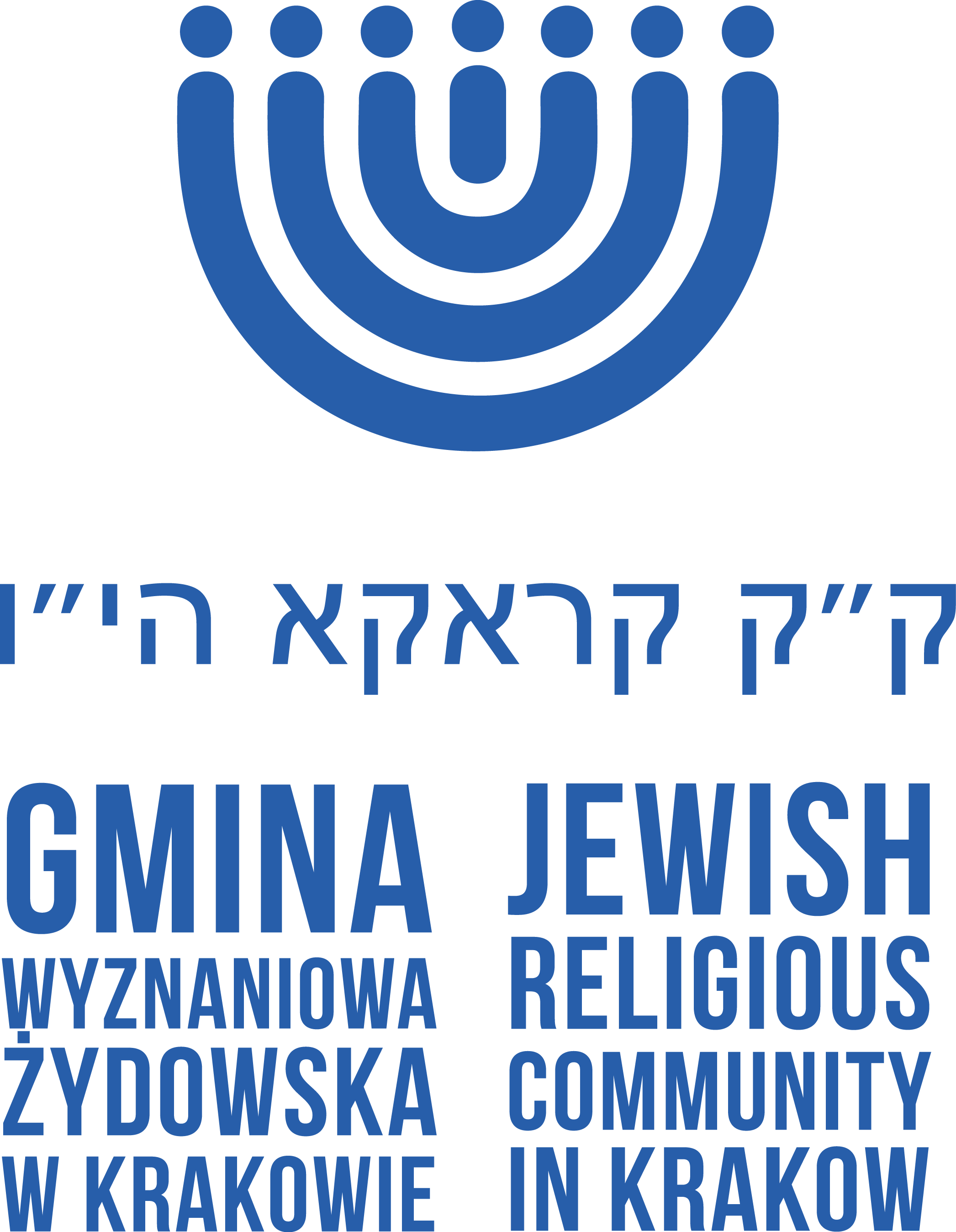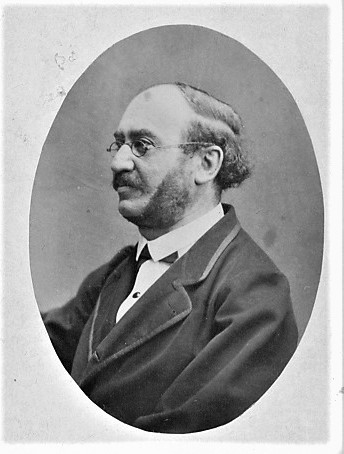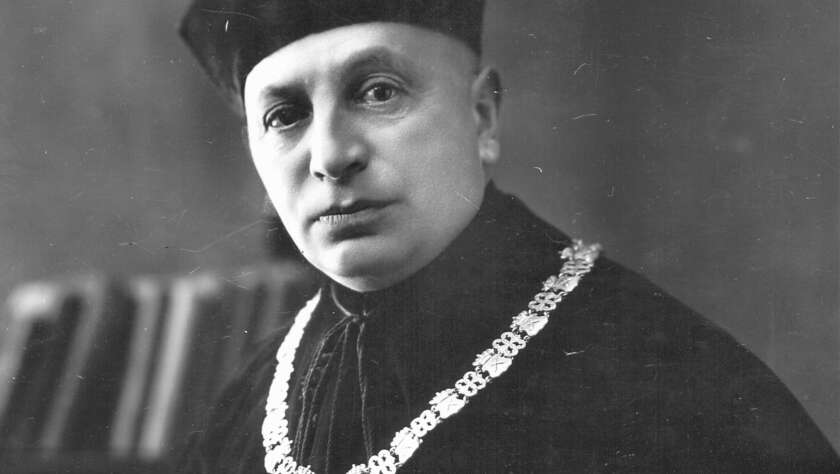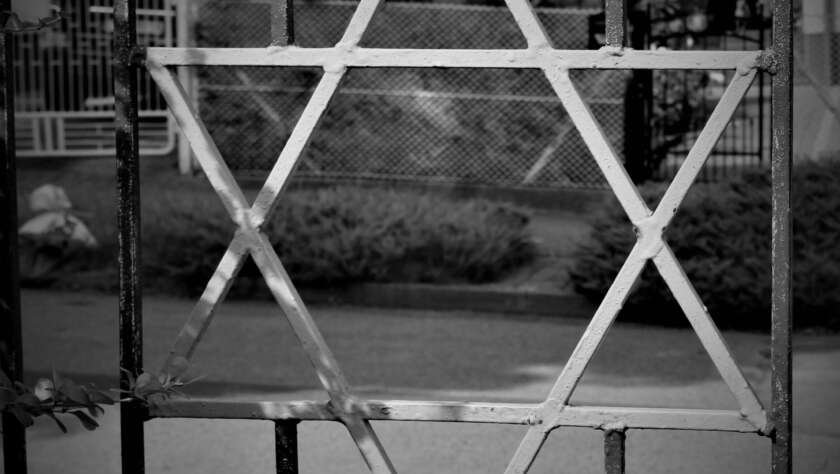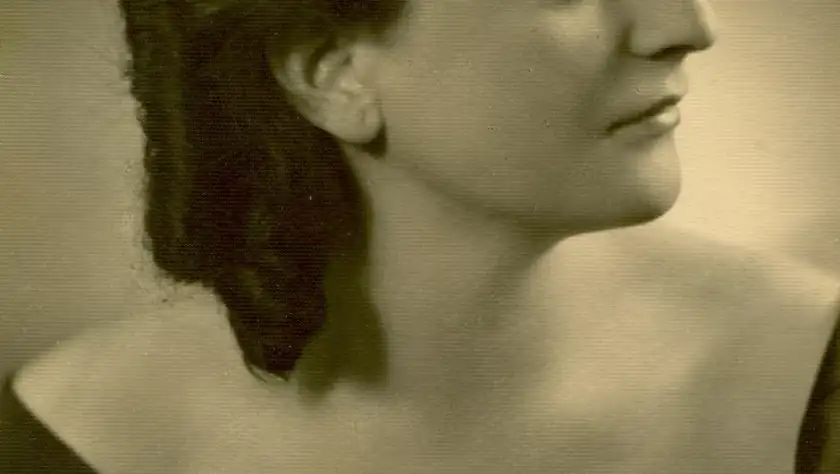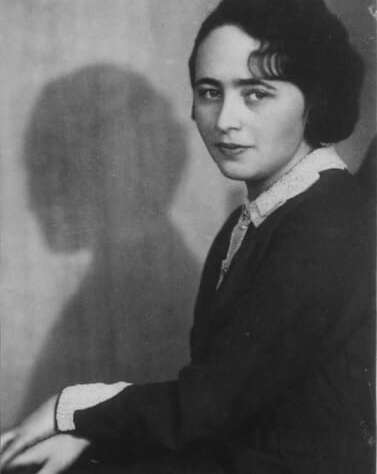Born on 7th May 1818 in Tarnów, Józef Oettinger was a doctor, historian of medicine as well as the first professor of the Jagiellonian University of Jewish descent. At the early age of 5, he lost both of his parents. He was then taken care of by his uncle, Jakub Adler – a Krakow merchant who lived in Krakow’s Kazimierz. After graduating from gymnasium, he enrolled at the Faculty of Philosophy of the Jagiellonian University, only to change the faculty and begin studying medicine two years later. In 1843, he obtained the degree of doctor of medicine and started working in the Jewish hospital in Krakow a year later. During the “Springtime of Nations” he became a member of the National Committee established by patriots, representing the…
Born on 6th May 1881 in Przemyśl, Rafał Taubenschlag, son of Bernard Baruch and Cecylia Cyrl, nee Goldhart, was a legal historian who specialised in Roman law and papyrology. Professor at the Jagiellonian University and the University of Warsaw, corresponding member of the Polish Academy of Arts and Sciences. Between 1942-1947, Rafał Taubenschalg worked as a Visiting Research Professor of Ancient Civilization at Columbia University and was the creator of The Journal of Juristic Papyrology. In 1949, he was awarded the Barczewski award by the Polish Academy of Arts and Sciences, followed by an honorary doctorate from the University of Warsaw a year later. In 1955, during the International Congress of Papyrologists in Vienna, he was elected its honorary chairman by acclamation. The academic community celebrated professor’s…
A group of thugs connected with a Partisian Grouping called ”Błyskawica”, led by Józef Kuraś (alias ”Ogień”), opened fire on Jewish civilians who were trying to cross the border, killing several of them. This incident took place on 2nd May 1946 near Krościenko. „Brochures distributed by ”Ogień” across the Podahale region always included the same element – comparing the Jewish community to the communist regime”, a brochure issued in 2017 by the Krakow branch of the Institute of National Remembrance notes. As long as eliminating the Secret Police officers could be explained, the violence directed at regular people who were not linked to any political activities cannot be excused. During the negotiations with the Secret Police in 1946, Kuraś appealed for the expulsion of Jews from Podhale,…
On 30th April 1959, the ceremony of handing over the Old Synagogue by the Jewish Congregation in Krakow (currently the Jewish Religious Community in Krakow) to the Historical Museum of the City of Krakow took place. One of the photos shows the Chairman of the then Congregation, Maciej Jakubowicz. After the establishment of the Podgórze ghetto followed by the resettlement of all Jews living in Kraków to it, the German Trust Office took over the management of the Synagogue. A uniform warehouse was organised in the Synaogue, while all liturgical items were stolen. However, the warehouse did not last for too long and was soon liquidated. Afterwards, the Old Synagogue was deliberately deprived of its vault. After WWII, the Synagogue was provisionally secured. However, it was only…
Born on 18th April 1921 in Zabłocie, Renata Zisman, née Springut, was a pianist and a long-term teacher. Zisman was a graduate of the State College of Music in both Krakow and Wroclaw. She spent the war in the Krakow getto as well as in the Płaszow, Auschwitz-Birkenau, Ravensbrück and Neustadt-Glewe camps, living to see the liberation in the latter. After the war Zisman worked as both a school principal and a teacher at the Witold Rowicki 1st Degree State College of Music in Żywiec. She was a teacher in the grand piano and conducting class. Next, Renata Zisman took up another teaching job at the Władysław Żeleński Secondary State School of Music in Krakow where she lived to her retirement in 1995. She was awarded Gold…
Born on 20th March 1900 in Krakow, Estera Hadasa Broder, daughter of Efroim Schindler and Małka Lea, née Gutwürth, was a teacher and and a botanist. A 1920 St. Jack’s Gymnasium graduate who continued her education at the Faculty of Philosophy at the Jagiellonian University, which she finished in 1926 with a PhD title. Right after her studies, Broder moved to Łódź where she worked as a Biology and Geography teacher. She also worked at the Female Gymnasium of the Association of the Secondary Education for the Jews in Łódź. Between 1929–1930, she passed her academic exams in front of the Central Examination Committee in Krakow for the would-be Botanics and Zoology and Geography and Geology secondary school teachers. After WWII broke out, Estera Hadasa Broder was…
Józef Michał Rosenblatt, a councillor, lawyer, professor of the Jagiellonian University in Cracow, the son of Joachim and Karolina, née Einblid, was born on 19th March 1853 in Cracow. A graduate of St. Ann’s Gymnasium in Cracow and the Jagiellonian University at the Law Department. In 1876, Rosenblatt obtained his PhD title in Law. The government scholarship enabled him to participate in lectures and seminars in Berlin, Leipzig and Munchen. In 1877, after his return to Cracow , he obtained his postdoctorial degree and started his academic and didactic work on criminal law and criminal trial at the Jagiellonian University. Rosenblatt obtained the title of Associate Professor in 1884, only to become a Professor in 1893. Between 1877-1882, he worked at a law office, mosty as an…
The Jewish Religious Community in Krakow holds regular classes for children. Another meeting took place yesterday and it was run by Kuba Lewinger.
Sara Polina Gincburg, daughter of Szymon Gincburg and Cecylia Sandberg, also known as Zuzanna Ginczanka, was born in March 1917 in Kiev. A popular poet, blessed with an outstanding talent, wit as well as her extraordinary beauty. She was considered one of the most talented poets of the interwar period. Her works were published in ”Wiadomości Literackie”, ”Skamander” and ”Szpilki”. Ginczanka released her only book of poems called ”O centaurach” in 1936. Her rapidly developing career was stopped by WWII and ended by her mysterious tragic death. According to Ryszard Kotarba’s article published in Gazeta Wyborcza on 15th December 2015, entitled ”Zuzanna Ginczanka: śmierć poetki. Historia okupacyjna” (Zuzanna Ginczanka: the poet’s death. The story of occupation), Ginczanka was most likely shot dead in the first half of 1944…
Memorial activities which mark the 80th anniversary of the liquidation of the Krakow ghetto will take place on 12th March 2023 (Sunday) at 12:00 p.m. at Plac Bohaterów Getta. The official part will include the following events: reading the survivors’ memoirs, a walk to Lwowska street – Kaddish and laying flowers at the remains of the ghetto wall, a march through the following streets: Lwowska, Limanowskiego, Wielicka, Jerozolimska and Heltmana up to the monument of murdered Jews at the former KL Plaszow camp, a ceremony at the monument: prayers, reading the survivors’ memoirs, laying flowers and stones. Helena Jakubowicz, Chairwoman of the Board of the Jewish Religious Community in Krakow, prof. Jacek Majchrowski, Mayor of Krakow, Janusz Makuch, Director of the Jewish Cultures Festival invite all to…
